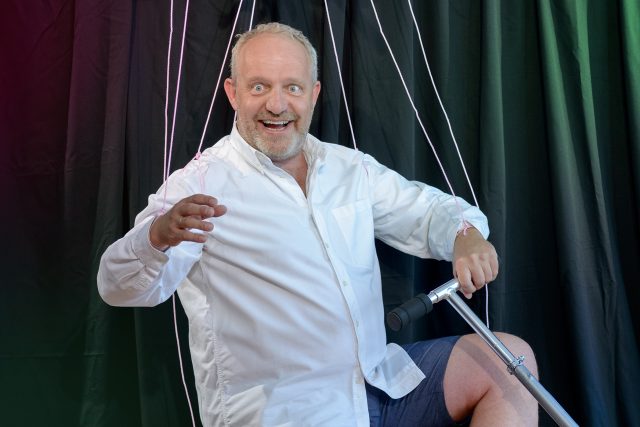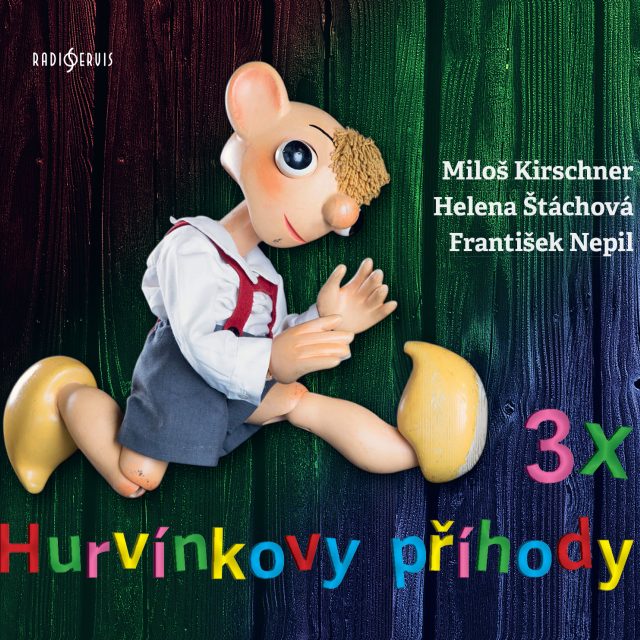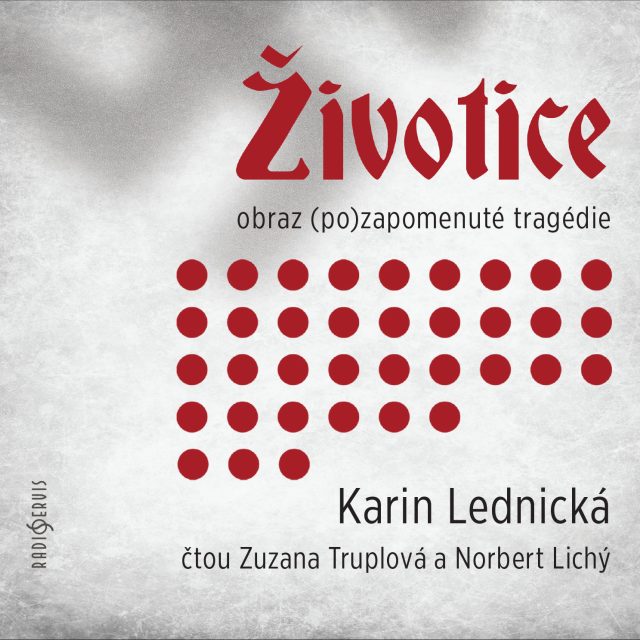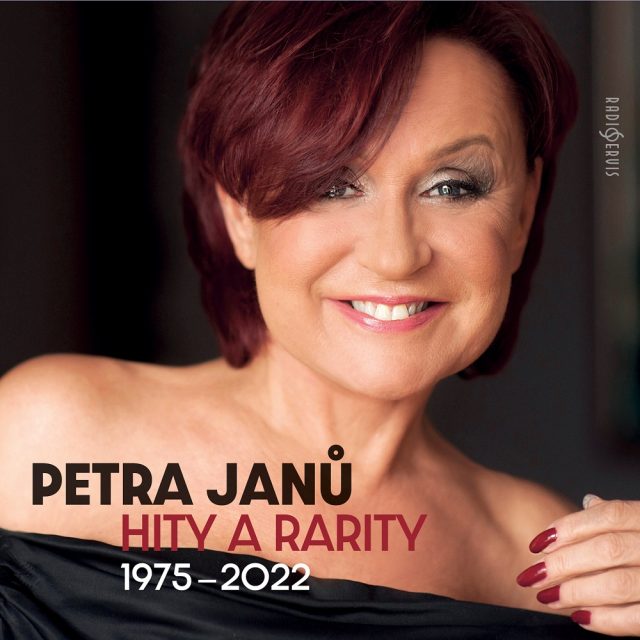Leoš Janáček
*3 July 1854 Hukvaldy†12 August 1928 Ostrava
Composer, teacher, theoretician, folklorist, writer, chorus master, conductor and music event organizer -- Leoš Janáček ranks among the most outstanding creative personalities of the 20th century. Although he was born in 1854 and thus would seem to belong to the generation of Antonín Dvořák and Zdeněk Fibich, his works can be classified as some of the most progressive and personal that the 20th century has produced. Though he was not a composer of the more common kind and though he remained a loner in his artistic efforts, he stands alongside those personalities who steered the direction of modern musical development such as Arnold Schönberg and Igor Stravinsky.
Leoš Janáček was born in Hukvaldy on 3 July 1854 as the ninth child of teacher Jiří Janáček. Mostly because of the Janáček family‘s financial straits, little Leoš was at the age of eleven sent as a singer to St. Thomas Augustinian Monastery in Staré Brno, where he was taken in by his father’s friend Pavel Křížkovský. After completing his secondary school, he studied at the Imperial and Royal Slavonic Institute for the Preparation of Teachers, and in 1874-75 he completed his music studies at Skuherský‘s organ school in Prague, where in the choir loft of St. Vojtěch’s he apparently met Antonín Dvořák, who would later become his friend. He received further education in music during his studies at the Leipzig and Vienna conservatories in 1879-1880.
Young Janáček was soon able to secure a position in society. He went in a few years from being a property-less singer to becoming an important and notable personality in Brno’s musical and social life. He acquired the position of choir director in the basilica of the Assumption of the Virgin Mary in Staré Brno; he received a permanent position as teacher in the normal school; he was active as a chorus master starting in 1873 in the Svatopluk Craftsmen Discussion Club and after 1876 in the Brno Philharmonic Association, the most important Czech music ensemble in Moravia. As chorus master and conductor, Janáček introduced to Czech Brno the tradition of great choral and orchestral concerts which had up until that time been the exclusive domain of the German minority society. He performed among other works Mozart’s Requiem, Beethoven’s Missa Solemnis and Dvořák‘s Stabat Mater. He was also active as a piano virtuoso and as an organizer of chamber and symphonic concerts. Besides all that, Janáček began as well to make a name for himself as a composer, in particular, of choral works. In 1881 he founded an organ school, which under his leadership soon won a reputation as the foremost school of music in Moravia.
Janáček‘s compositions from this period are, however, quite traditional and nothing exceptional. This was a consequence of the composer’s conservatism, which derived mainly from his interest in formal aesthetics and from his leanings toward the Cecilian reform of church music. This situation began to change only in the second half of the 1880s (his opera Šárka). Of decisive importance for the formation of the composer’s new musical language was his study of folk songs and his subsequent interest in the human psyche and in the recording of its manifestations in so-called "nápěvcích mluvy" (melodic speech). He began transcribing human speech in musical notation in 1897, and Janáček’s interest in "speech melody," that "window on the human soul," stayed with him until his death.
This discovery allowed him to stress in his operas the psychological states of the interacting characters, emphasizing in this way their truthfulness. Although he did not use any real "speech melodies" in his compositions, the brevity and brusqueness of his musical ideas and their assembly and layering undoubtedly had an influence on the emergence of what was to be his very individual musical language. This approach was also of course juxtaposed with other contemporary tendencies in music development such as verismo, impressionism and expressionism – but always in a form that was entirely original. Janáček’s musical language began to change during his work on his third opera, Jenůfa (Její pastorkyňa), which had its premier in the Brno National Theater in 1904.
We can follow his further exploration of the possibilities of this musical language in his subsequent operas Fate (Osud) and The Excursion of Mr. Brouček to the Moon (Výlet pana Broučka do Měsíce) and also in the expressive choruses on Bezruč’s poems or in chamber works. In spite of the fact that it was already clear that Janáček was creating works of exceptional artistic value, he had to wait many more years for recognition. Not until the performance of Jenůfa at the National Theater in Prague in 1916 did Janáček’s music begin to win some favor.
Primarily thanks to the dedication of his friend, German writer and critic Max Brod, Janáček’s works came to interest one of the most important publishing houses of that era, Universal Edition in Vienna, which piece by piece issued out into the world most of the composer’s new works. Janáček’s life, which had up until that time been rather cheerless, with the death of two of his children, other family problems and a lack of recognition, now took on new meaning. For that reason perhaps the composer wrote the greater part of his works during the last decade of his life. Especially worthy of mention are the operas Káťa Kabanová, The Cunning Little Vixen (Příhody lišky Bystroušky), The Makropoulos Case (Věc Makropulos) and From the House of the Dead (Z mrtvého domu);the symphonic works The Ballad of Blaník (Balada blanická) and the Sinfonietta; the Glagolitic Mass; and a whole series of chamber works, most importantly, the two string quartets and the piano pieces Concertino and Capriccio.
During the 1920s Janáček’s works found their way onto the foremost stages of the world (although at that time still mostly with the opera Jenůfa), and he took part in festivals of new music, where he was viewed as one of the most progressive creators, standing alongside composers two generations younger. This final happy period was brought to an end by pneumonia, resulting in his sudden death on 12 August 1928.
Today Leoš Janáček ranks among the most often performed and most celebrated of music composers of the 20th century.
Author: Jiří Zahrádka
E-shop Českého rozhlasu
Hurvínek? A od Nepila? Teda taťuldo, to zírám...
Jan Kovařík, moderátor Českého rozhlasu Dvojka


3 x Hurvínkovy příhody
„Raději malé uměníčko dobře, nežli velké špatně.“ Josef Skupa, zakladatel Divadla Spejbla a Hurvínka




